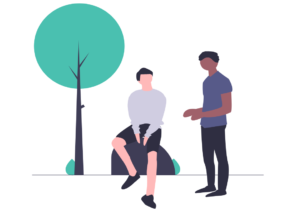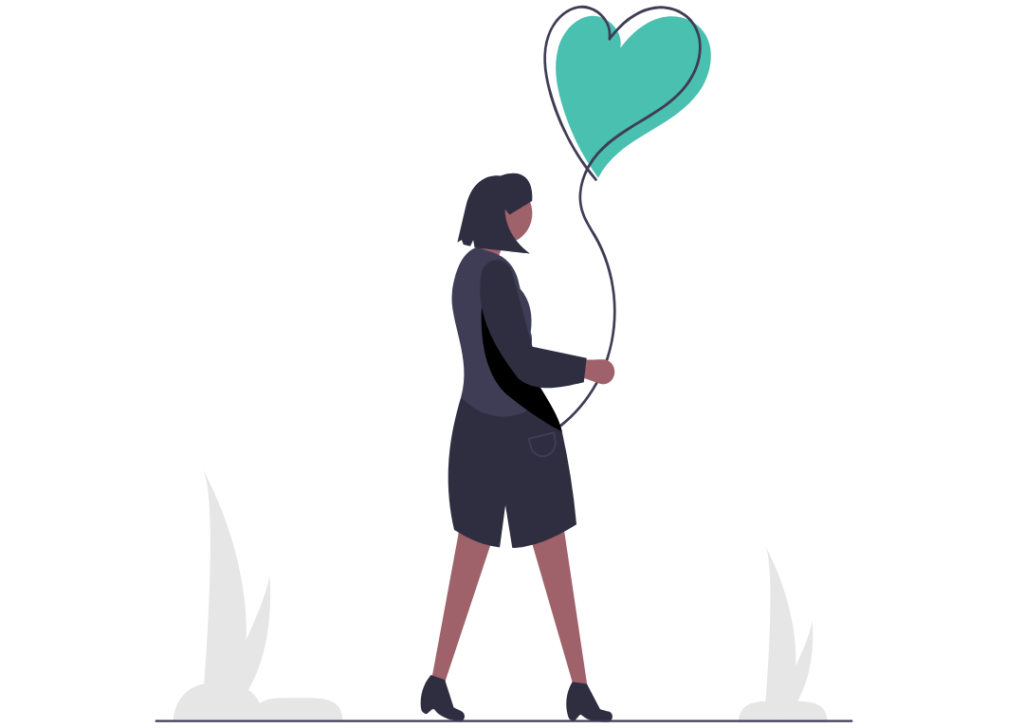
How Caregiving Taught Me to Endure
Just two months after Patrick began volunteering at a hospice, he became a full-time caregiver for his partner’s dad.

Eric was a dual caregiver looking after his wife, who has metastatic cancer and mild dementia, and his father, who had multiple myeloma. He talks about the loneliness of being a caregiver, the importance of developing a routine, and finding friends or therapist that you can turn to for emotional support. This is Eric’s story.
As told to Open Caregiving and lightly edited to enhance readability while preserving the author’s voice.
Hi, my name is Eric. I’m a Baby Boomer man from Utah. I am currently a caregiver for my wife, and I cared for my father until he passed away four months ago.
I run my video production business from home. I care for my wife, and, for the past year, my father. I could schedule my production work around their needs until something critical happens. When we have had a medical emergency, I hire others to do my work until I can return.
My wife has metastatic cancer and mild dementia brought on by whole brain radiation she had twenty years ago.
My father was 88 years old and suffered from a variety of ills, including multiple myeloma and neuropathy in his leg, which made walking difficult.
I learned to ask specifically about their ailments and how they’re doing. Both people were stoic and didn’t like to talk about their problems.
They also didn’t mention important things to their doctors. Fortunately, I was there with them to tell the doctor about their concerns and to hear the doctor’s advice.
Caregiving can be lonely and overwhelming. When caring for my spouse, I didn’t want to talk about my feelings with her because I didn’t want to make her feel bad about the demands of her illness. I needed a friend that I could text with or talk to who would let me vent. I also tried online therapy, which helped.
I’m not sure finding the perfect balance is possible. I tried to get away from my wife and either listen to music or take a drive. But I couldn’t stay away long. Maybe an hour or so. I did a poor job with my diet and exercise because I just didn’t have the energy to do anything but shut down.
I would suggest talking to a therapist, either in-person or online. If not a therapist, then find a person who will let you vent and give you good advice. It’s the only way to keep from cracking.
I would have tried to stick to a routine as much as possible. We’re not in a crisis right now so it’s easier to have some time for myself, but don’t ignore your own needs. If you can’t function, you’re no help to the patient.
Most people don’t realize the difficulty of being a caregiver. My wife’s siblings criticized me for being selfish and wanting a break now and then. Their reactions permanently affected our relationships.
If someone has never been in your situation, don’t expect immediate understanding.

Just two months after Patrick began volunteering at a hospice, he became a full-time caregiver for his partner’s dad.

Sawyer was living with in Vermont his wife and two toddlers when his dad was diagnosed with lung cancer.

Klara was a few years out of college when her seemingly healthy mom was diagnosed with a rare form of cancer beyond treatment.